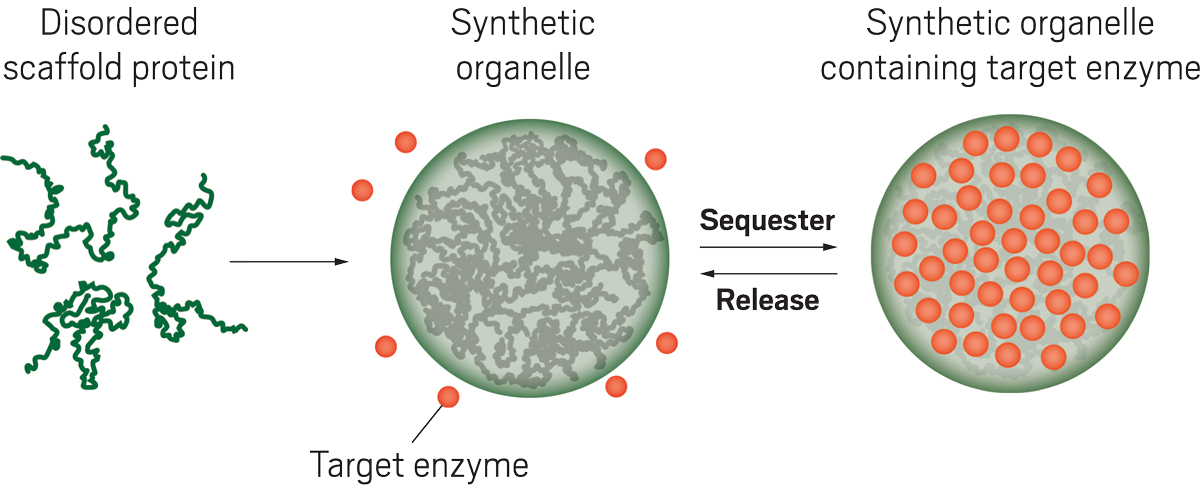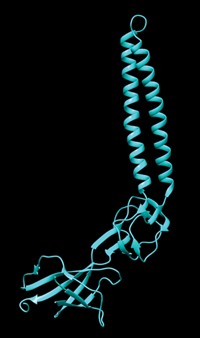Advertisement
Grab your lab coat. Let's get started
Welcome!
Welcome!
Create an account below to get 6 C&EN articles per month, receive newsletters and more - all free.
It seems this is your first time logging in online. Please enter the following information to continue.
As an ACS member you automatically get access to this site. All we need is few more details to create your reading experience.
Not you? Sign in with a different account.
Not you? Sign in with a different account.
ERROR 1
ERROR 1
ERROR 2
ERROR 2
ERROR 2
ERROR 2
ERROR 2
Password and Confirm password must match.
If you have an ACS member number, please enter it here so we can link this account to your membership. (optional)
ERROR 2
ACS values your privacy. By submitting your information, you are gaining access to C&EN and subscribing to our weekly newsletter. We use the information you provide to make your reading experience better, and we will never sell your data to third party members.
Biological Chemistry
Detaining Bacteria
New tool locks microbes in tiny spaces to study how they communicate
by Sarah Everts
July 8, 2009
Bacteria like to hole up in biofilms, a process that is mediated by chemical signals produced and detected by these microbes. These so-called quorum sensing signals help bacteria coordinate, with millions of their microbial neighbors, the onset of everything from infection to bioluminescence. Now, researchers are reporting that small numbers of bacteria sent to the solitary confinement of a microfluidic droplet can be fooled into initiating quorum sensing behavior all by themselves.
The approach could be used to study quorum sensing in many bacteria that do not like to grow in a lab setting, notes Rustem F. Ismagilov, a chemist at the University of Chicago who published the study along with students James Q. Boedicker and Meghan E. Vincent (Angew. Chem. Int. Ed., DOI: 10.1002/anie.200901550).
The team developed a technique that can isolate one to three bacteria in a small droplet. The tight quarters quicken the buildup of chemical beacons that bacteria release continuously. Quorum sensing behavior is activated when these chemical beacons are in high concentration, which often happens when bacteria are in large groups. In this case, quorum sensing is shown to occur even with a lone microbe, because the droplet's small volume hastens the buildup of the chemical beacon from that single bacterium.
"This study addresses a very important question," comments Matthew Parsek, a microbiologist at the University of Washington. "How does the physical and chemical environment influence what a 'quorum' is? For some time, it's been hypothesized that the microenvironment could influence signal buildup and result in situations where single cells" could induce quorum sensing gene expression in isolation, he says. A future challenge will be to determine whether quorum sensing by a single bacterium happens in the natural environment, and if so, how frequently, Parsek adds.





Join the conversation
Contact the reporter
Submit a Letter to the Editor for publication
Engage with us on Twitter